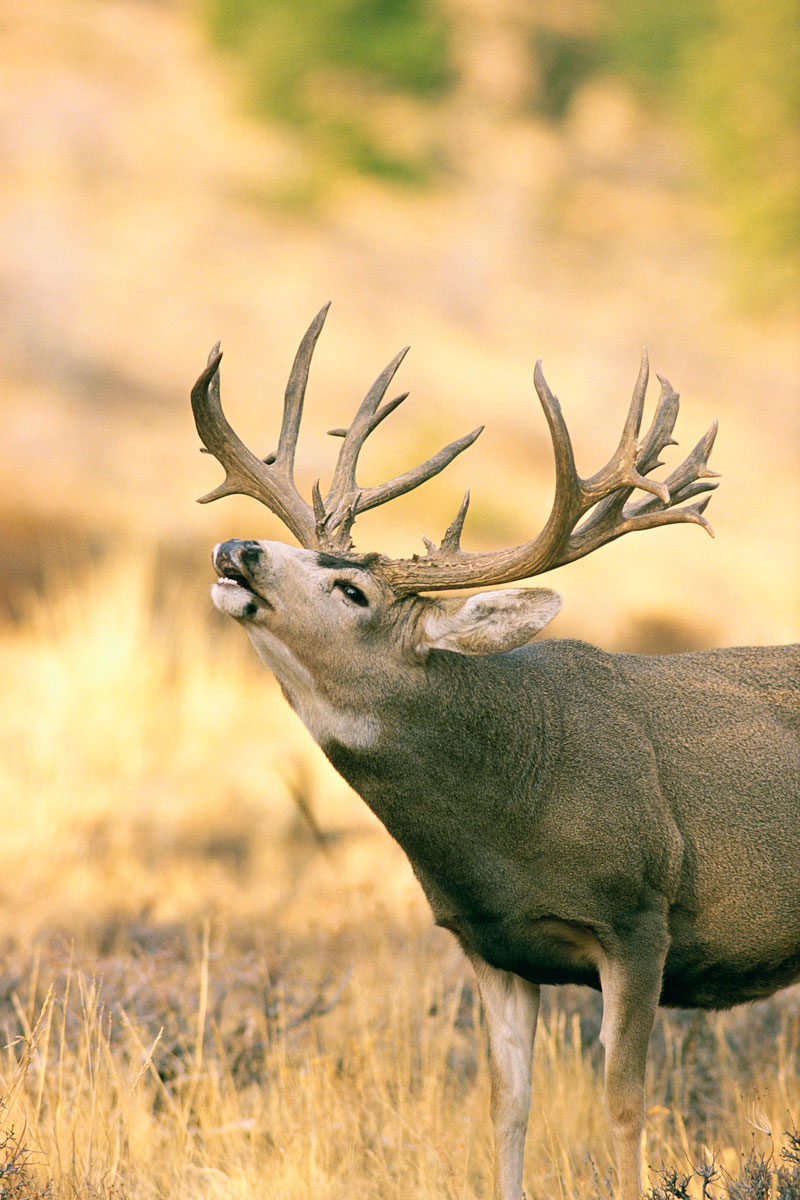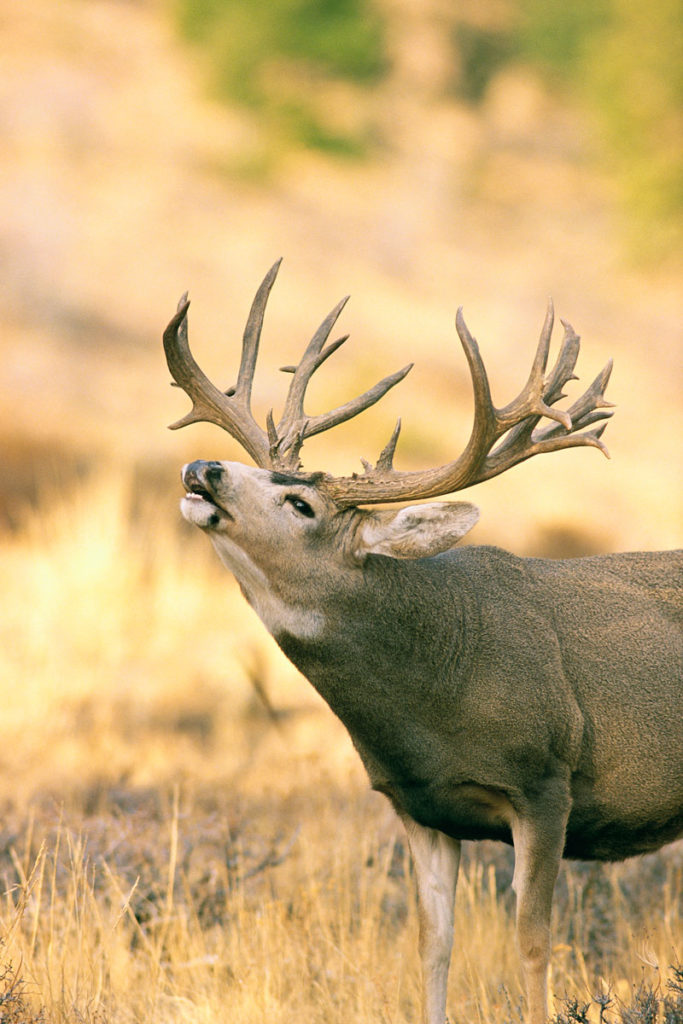 a Game and Fish Commission recently voted to oppose efforts to create a 1.7 million acre Grand Canyon Watershed National Monument in northern Arizona proposed by the Grand Canyon Wildlands Council, Center for Biological Diversity, and the Wilderness Society. The commission opposed the measure for several reasons. For one thing, the land is already mostly public land that is currently managed and conserved under multiple-use concepts. Instead of continuing to conserve the land, the measure was an attempt to “preserve” the land, and that would impact the commission's ability to manage it using sound wildlife management practices.
a Game and Fish Commission recently voted to oppose efforts to create a 1.7 million acre Grand Canyon Watershed National Monument in northern Arizona proposed by the Grand Canyon Wildlands Council, Center for Biological Diversity, and the Wilderness Society. The commission opposed the measure for several reasons. For one thing, the land is already mostly public land that is currently managed and conserved under multiple-use concepts. Instead of continuing to conserve the land, the measure was an attempt to “preserve” the land, and that would impact the commission's ability to manage it using sound wildlife management practices.
In many instances, “preserve” means the land is locked away and humans may not be able to access those lands for recreation. It can also mean fish and game departments are prohibited from augmenting wildlife populations, manipulating habitat, or developing wildlife watering areas–all of which have far reaching implications. For example, the monument proposal entailed voluntary retirement of grazing leasing on those lands. A department analysis pointed out that “loss of livestock management can cause significant loss of water availability for wildlife.”
Another management practice lost under “preservation” is the ability to mechanically thin high-risk forests with unnatural densities or to do prescribed burns. Both of those practices are necessary to protect forest habitats from future exposure to the possibility of catastrophic wild fires. Other concerns included the monument designation prompting external pressure to ban traditional ammunition thus jeopardizing success of the Game and Fish Department's ongoing voluntary non-lead efforts to restore California condor populations, and further restrictions on motorized game retrieval.
Ultimately, the Arizona Game and Fish Commission adopted a resolution concerning the continuing and cumulative effects that special land use designations have on multiple-use lands, including effects on access, conservation efforts and wildlife-related recreation. The resolution does not prevent future discussions and dialogues on the issue, but sets the appropriate stage for those discussions.




